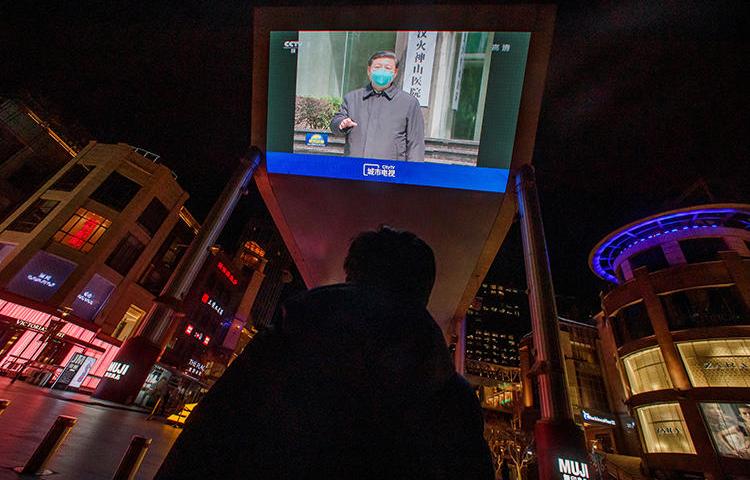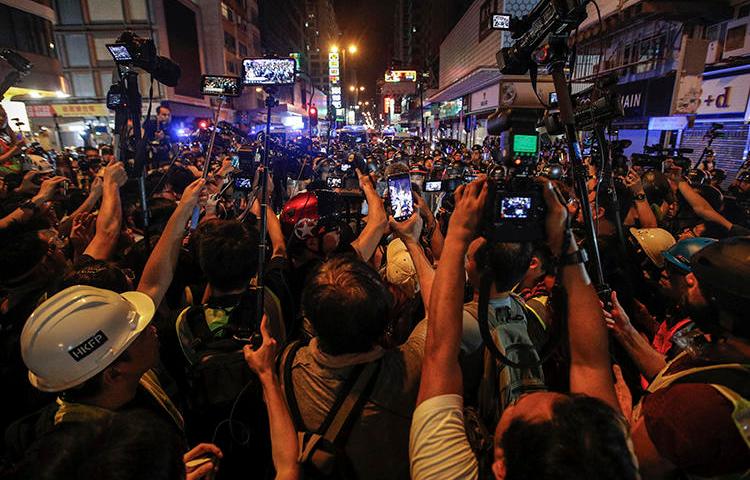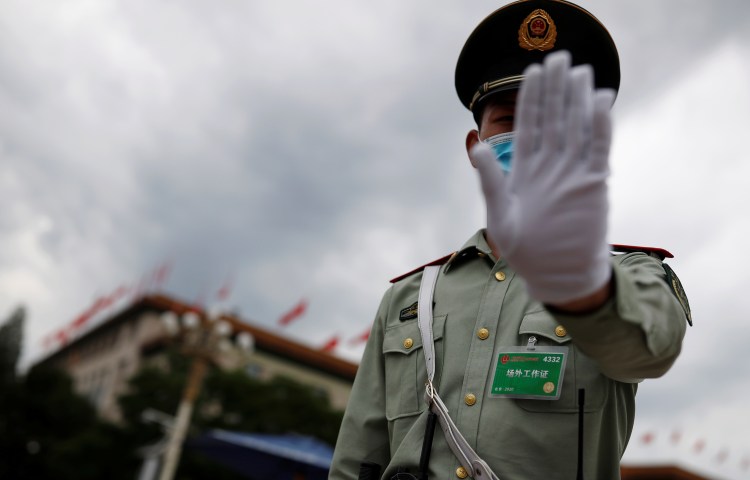
China’s COVID-19 countermeasures include restricting press freedom
In the nearly 71 years of Communist Party rule in China, the country’s citizens have enjoyed brief periods of relatively free speech, as during the abortive Hundred Flowers Campaign in 1956-57, or the run-up to the 2008 Beijing Olympics, when investigative journalists covered local corruption and pollution. When the coronavirus outbreak first began spreading in…
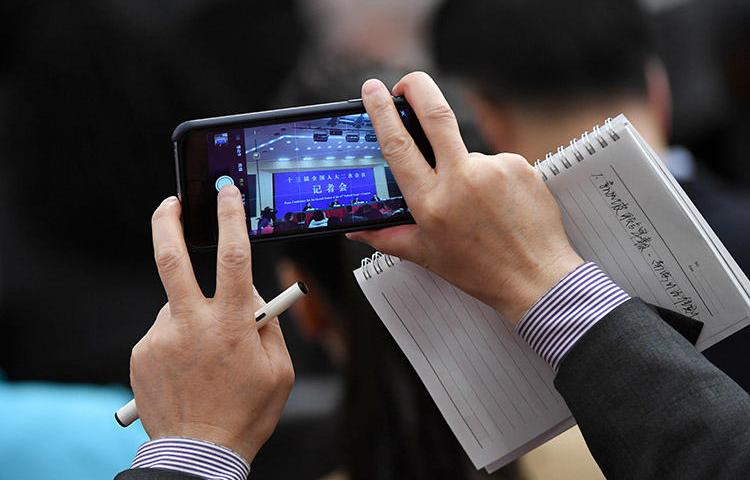
China uses visa process to intimidate foreign press, FCCC survey finds
Conditions for foreign correspondents in China deteriorated in 2019, the Foreign Correspondents’ Club of China (FCCC) annual survey found. The report, published today, noted that for a second year none of the respondents gave a positive response when asked if conditions had improved.
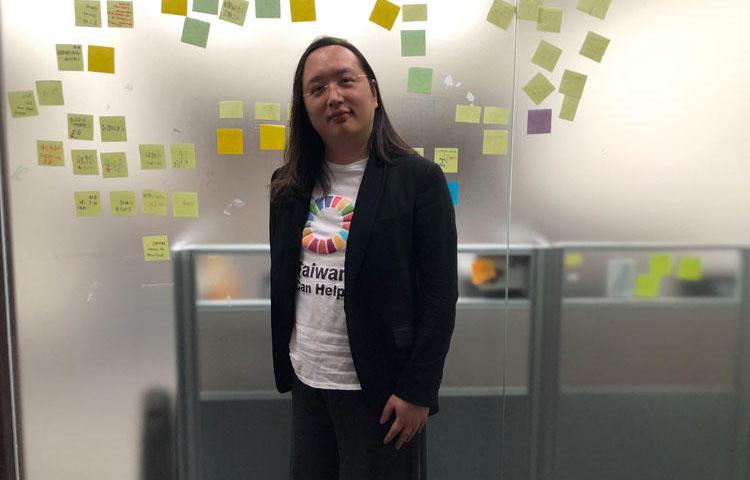
Q&A: Taiwan’s digital minister on combatting disinformation without censorship
Audrey Tang prefers precise language. During an interview, Taiwan’s minister without portfolio – Tang’s name card simply says “digital minister” – makes a swift correction when we mention the term “fake news.” The preferred term is “disinformation” because, Tang says, it has a legal definition in Taiwan: “That is to say, intentional, harmful untruth, and…
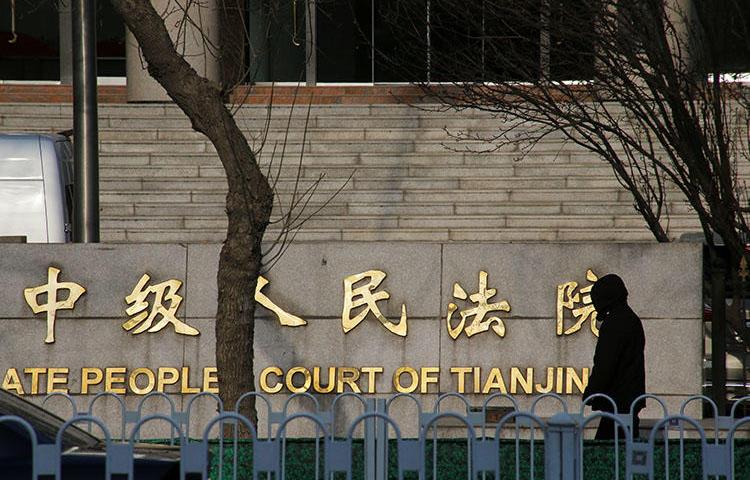
How many journalists are jailed in China? Censorship means we don’t know
Reporting on China’s harassment of journalists has never been easy. Lately it’s been getting much harder, which suggests that conditions for the press could be worsening. At least 47 journalists were jailed in China at the time of CPJ’s 2018 prison census and I am investigating at least a dozen other cases, but the details…

On International Women’s Day, CPJ highlights jailed female journalists
On International Women’s Day, CPJ has highlighted the cases of female journalists jailed around the world in retaliation for their work. At least 33 of the 251 journalists in jail at the time of CPJ’s prison census are women. At least one of those–Turkish reporter and artist Zehra Dogan–was released in February after serving a…
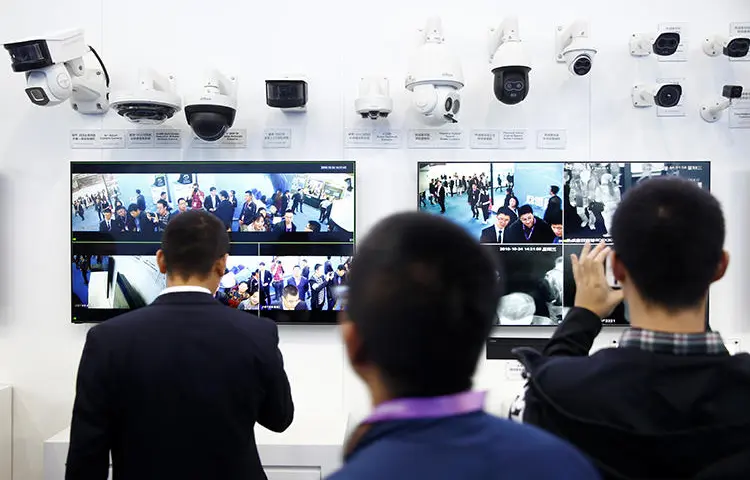
Surveillance tops foreign correspondents’ concerns in China, FCCC finds
Working conditions for foreign correspondents in China further deteriorated in 2018, according to the Foreign Correspondents’ Club of China annual survey. The report, “Under Watch: FCCC Annual Working Conditions Report 2018,” highlights growing digital and human surveillance, as well as government interference in reporting in China.
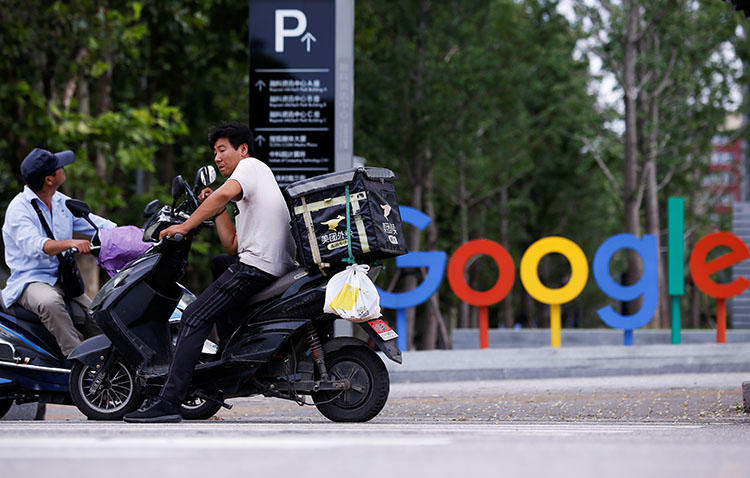
Google complicity in Chinese censorship could endanger press freedom elsewhere
In 2010, after four years of offering Chinese users a heavily censored version of its search engine, Google decided it would no longer block search results at the request of the Chinese state. “Our objection is to those forces of totalitarianism,” Sergey Brin, Google’s co-founder, told The New York Times at the time, adding that…
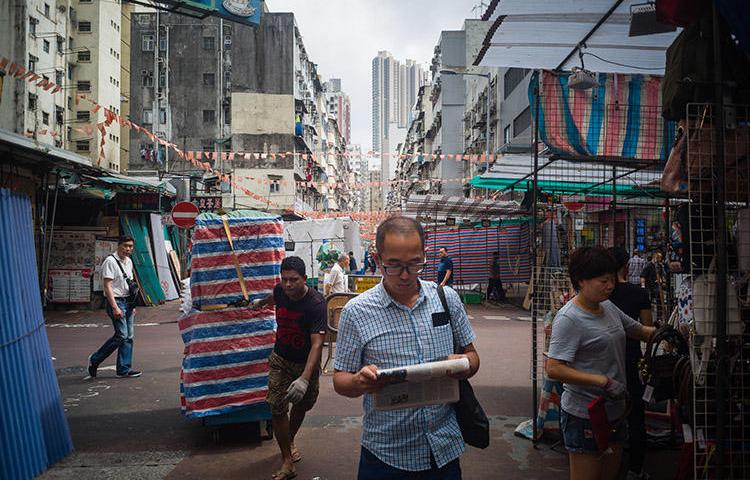
Hong Kong Journalists Association finds press freedom further restricted by ‘one country’ principle
In its annual report, released July 29, the Hong Kong Journalists Association found that press freedom has gone backward as the administrative region seeks to implement legislation to criminalize critical opinions toward China’s “one country” policy and Beijing.
